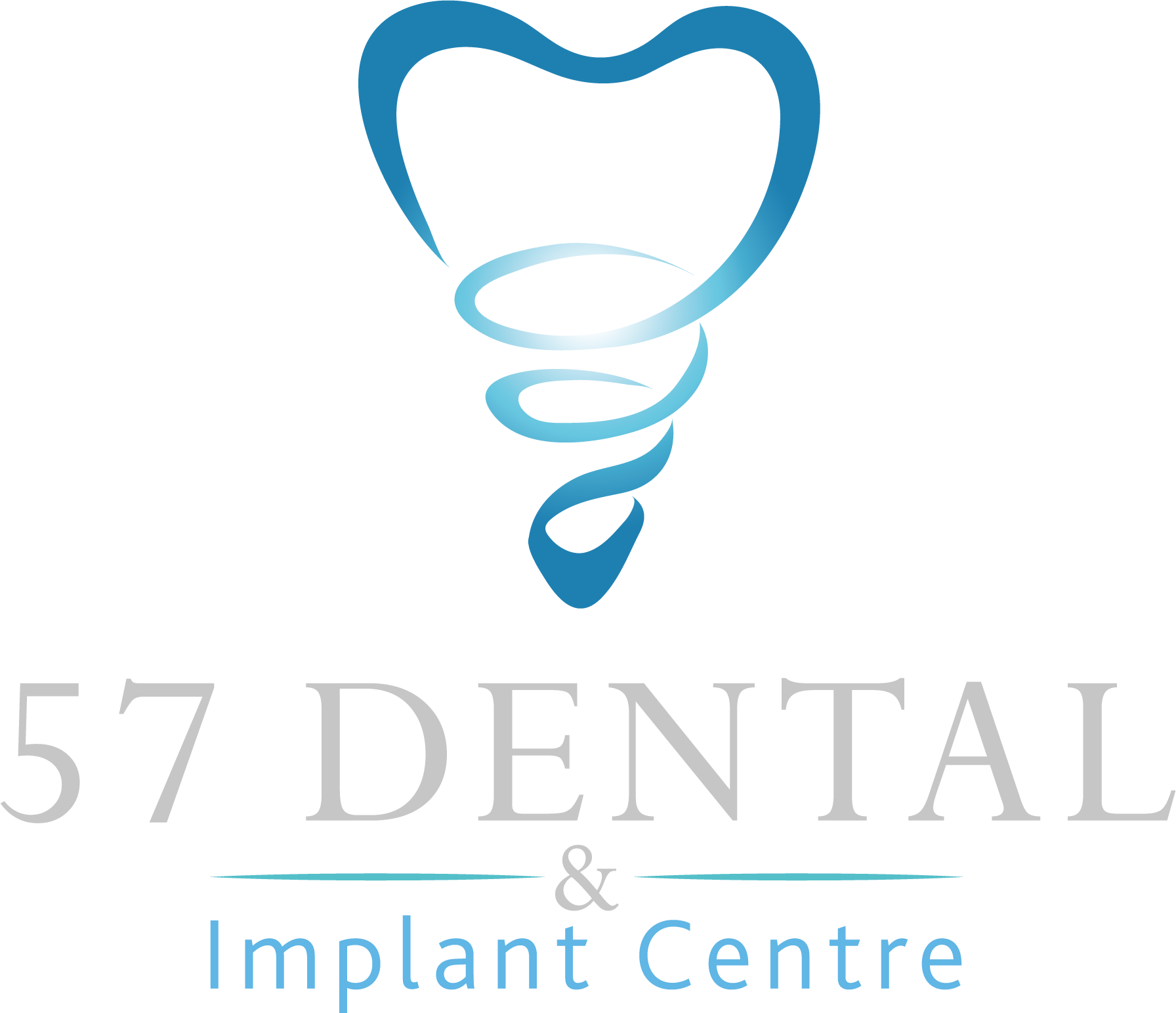Dental emergencies can occur unexpectedly and require immediate attention to alleviate pain, prevent further damage, and ensure oral health. Knowing how to handle dental emergencies can significantly affect the outcome. This blog post will guide you through various critical dental situations and provide essential information on managing them effectively.
- Toothache
A toothache can be excruciating and disrupt your daily activities. If you experience a severe toothache, follow these steps:
- Rinse your mouth with warm saltwater to reduce inflammation.
- Gently floss around the affected tooth to remove any food particles causing the pain.
- Apply a cold compress to the outside of your cheek to alleviate swelling and numb the area.
- Avoid placing aspirin or any other painkiller on the affected tooth, as it can damage the gum tissue.
- Knocked-Out Tooth
A knocked-out tooth requires immediate action to increase the chances of successful reattachment. Follow these steps:
- Handle the tooth by the crown (the visible part) and avoid touching the root.
- Rinse the tooth gently with water to remove dirt or debris, but do not scrub or remove any attached tissue fragments.
- Try to reinsert the tooth into its socket, making sure it’s facing the right way. Apply gentle pressure to hold it in place.
- If reinsertion is impossible, place the tooth in a container with milk, saliva, or a tooth preservation solution.
- Seek dental care immediately, as time is crucial for successful reattachment.
- Broken or Chipped Tooth
A broken or chipped tooth can be painful and leave sharp edges that damage your tongue or cheeks. Follow these steps:
- Rinse your mouth with warm water to clean the area.
- Apply gentle pressure with a gauze or a clean cloth if bleeding.
- Use a cold compress to reduce swelling and alleviate pain.
- Collect any broken tooth fragments and bring them with you to the dentist.
- Schedule an appointment with your dentist as soon as possible for proper evaluation and treatment.
- Lost Filling or Crown
Losing a filling or crown can expose the underlying tooth structure and cause sensitivity or pain. Here’s what you should do:
- Clean the affected tooth gently with warm water.
- Apply a dental cement, available at most drugstores, to temporarily cover the tooth.
- Avoid eating sticky or hard foods that may dislodge the temporary restoration.
- Contact your dentist promptly to have the filling or crown replaced.
- Abscessed Tooth
An abscessed tooth is a severe condition that requires immediate attention to prevent the spread of infection. Follow these steps:
- Rinse your mouth with warm saltwater to help reduce swelling and draw out the pus.
- Take over-the-counter pain relievers to alleviate discomfort.
- Schedule an emergency dental appointment for appropriate treatment, such as root canal therapy or extraction.
Conclusion
Being prepared and knowing how to handle dental emergencies can significantly impact the outcome of critical situations. However, it’s crucial to remember that these guidelines are for temporary relief, and seeking professional dental care as soon as possible is essential. Contact your dentist immediately if you experience any dental emergency to receive a proper diagnosis and treatment tailored to your situation.
Remember, prevention is always better than cure. Maintaining good oral hygiene, scheduling regular dental check-ups, and wearing protective mouthguards during sports activities can help reduce the risk of dental emergencies.
If you are experiencing a dental emergency or are searching for a dental clinic in Leeds or surrounding areas, don’t hesitate to contact our dental practice in Cleckheaton at 01274 872221. Our experienced team is here to provide urgent care and restore oral health.
Frequently Asked Questions (FAQs)
Q: Should I go to the emergency room for a dental emergency?
A: If you have a severe dental emergency, such as a fractured jaw or uncontrolled bleeding, you should go to the emergency room. However, for most dental emergencies, it is best to seek immediate dental care from a dentist who can provide specialised treatment.
Q: What should I do if I have a toothache but can’t see a dentist immediately?
A: If you have a toothache and cannot see a dentist immediately, rinse your mouth with warm saltwater, take over-the-counter pain relievers (following the package instructions), and apply a cold compress to the outside of your cheek to alleviate pain and swelling. However, it is essential to schedule a dental appointment as soon as possible to address the underlying cause of the toothache.
Q: Can a knocked-out tooth be saved?
A: Sometimes, a knocked-out tooth can be saved if immediate action is taken. If you have a knocked-out tooth, gently rinse it with water without scrubbing, try to reinsert it into its socket, or place it in a container with milk, saliva, or a tooth preservation solution. Seek dental care immediately, as the chances of successful reattachment decrease with time.
Q: What should I do if a filling or crown falls out?
A: If a filling or crown falls out, clean the affected tooth gently with warm water and apply a dental cement or temporary dental adhesive to cover the exposed area temporarily. Avoid eating sticky or hard foods, and schedule an appointment with your dentist to have the filling or crown replaced promptly.
Q: How can I prevent dental emergencies?
A: To minimise the risk of dental emergencies, it is essential to maintain good oral hygiene practices, including brushing twice a day, flossing daily, and visiting your dentist regularly for check-ups and cleanings. Additionally, wearing mouthguards during sports activities and avoiding chewing on complex objects can help protect your teeth from injuries.
